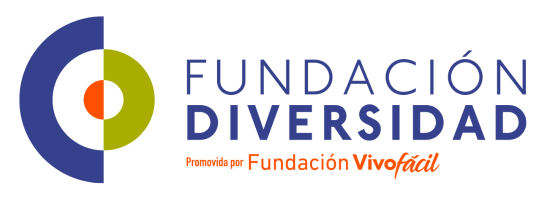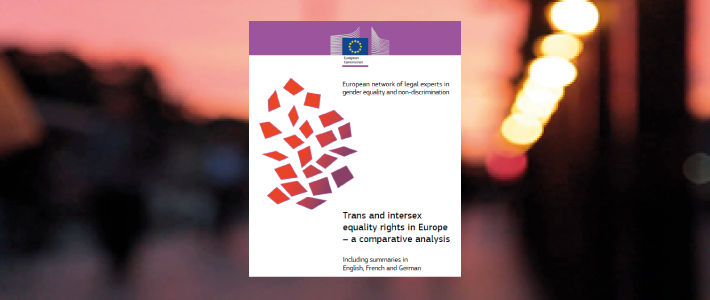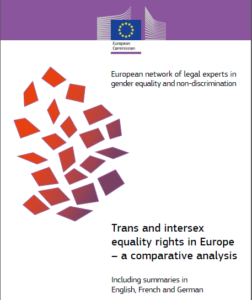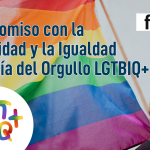Red europea de expertos jurídicos en igualdad de género y no discriminación
In 2012, the European Commission’s Network of Legal Experts in the Non-discrimination Field authored a landmark report on discrimination motivated by sex, gender identity and gender expression. The report – drawing upon expert knowledge in 30 European jurisdictions – highlighted the significant levels of inequality which, despite promising developments in individual countries, trans and intersex people confronted across the European Union (EU) and the European Free Trade Association (EFTA).
In the years since 2012, the attention paid to the human rights of trans and intersex people and to discrimination on the grounds of gender identity and sex characteristics has increased significantly. Across the various Member States, and at the regional, especially the European and inter-American, level, there is growing awareness of the lived experience of trans and intersex individuals and greater understanding of the social, legal and economic challenges that they face.
Yet despite this welcome increase in public knowledge and appreciation of trans and intersex lives, discrimination based on gender identity and sex characteristics remains a disproportionate reality across the EU and EFTA. In its 2014 report, ‘Being trans in the EU’, which explores the trans-focused data obtained during an EU-wide survey of lesbian, gay, bisexual and trans communities, the European Union Agency for Fundamental Rights (FRA) observed ‘serious and repetitive victimisation [throughout] the EU’. Discrimination and violence are also disproportionately experienced by intersex people in Europe who, as observed recently by the Commissioner for Human Rights of the Council of Europe, have historically been coerced – through cultures of shame and secrecy – into positions of marginalisation and invisibility.
In 2015, the European Commission published the ‘List of actions to advance LGBTI equality’. Two of the Commission’s priorities, as set out in its List of actions are: (a) improving rights and ensuring legal protection; and (b) monitoring and enforcement of the existing rights of lesbian, gay, bisexual, trans and intersex (LGBTI) people and their families. In 2016, the Council of Ministers asked the European Commission to report annually on the implementation of the list of actions. Against this background, the European Commission requested the European Equality Law Network to carry out an overview of trans and intersex equality frameworks across the 28 EU Member States and three additional EFTA states (Iceland, Liechtenstein and Norway). This report is the end product of that request. Proceeding through nine substantive chapters, the report analyses whether and how trans and intersex communities enjoy equality guarantees across the EU and EFTA.
Read more…





